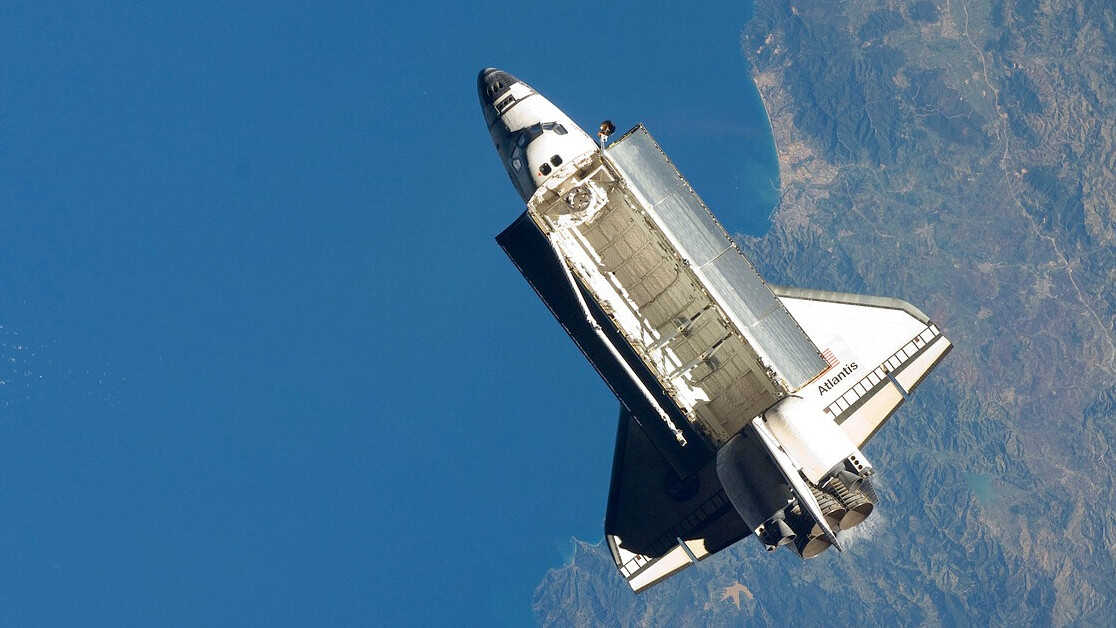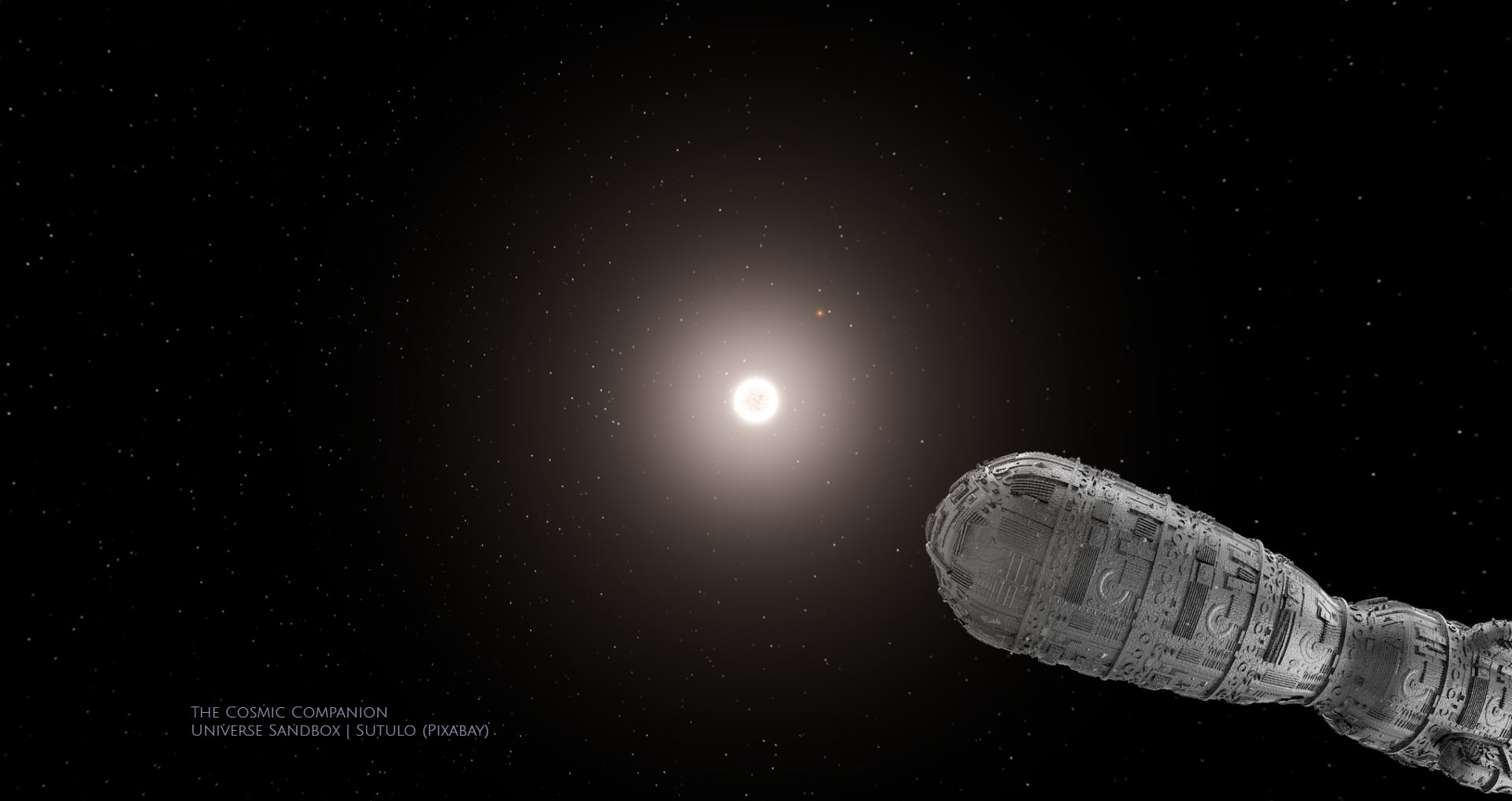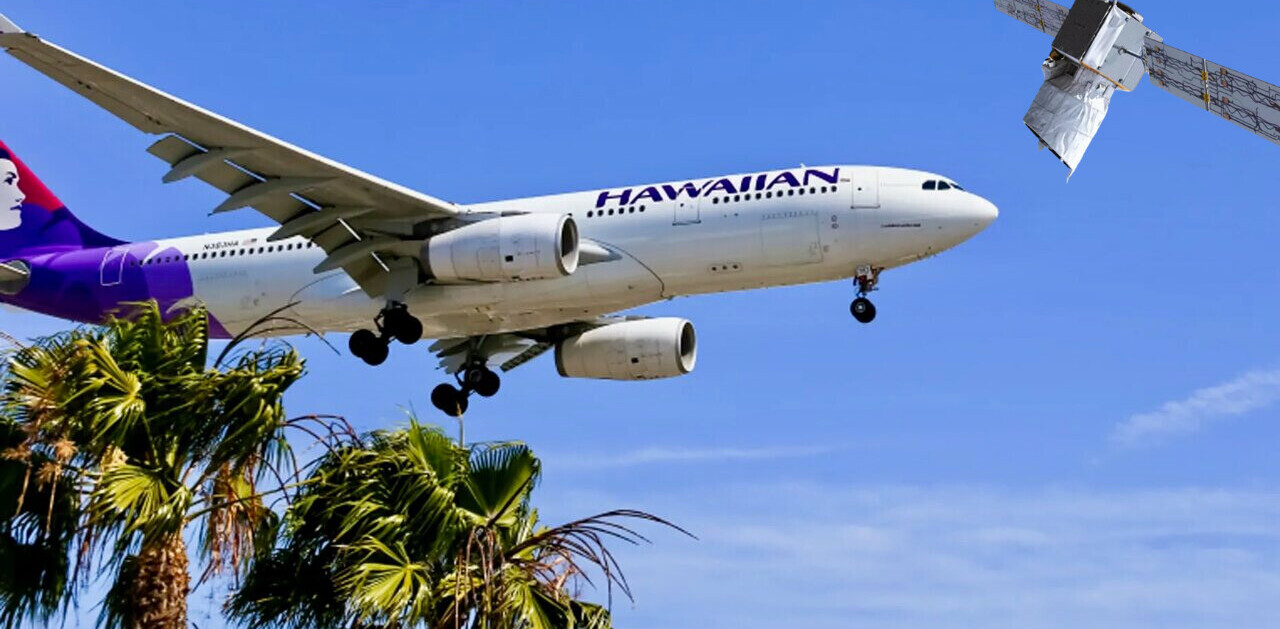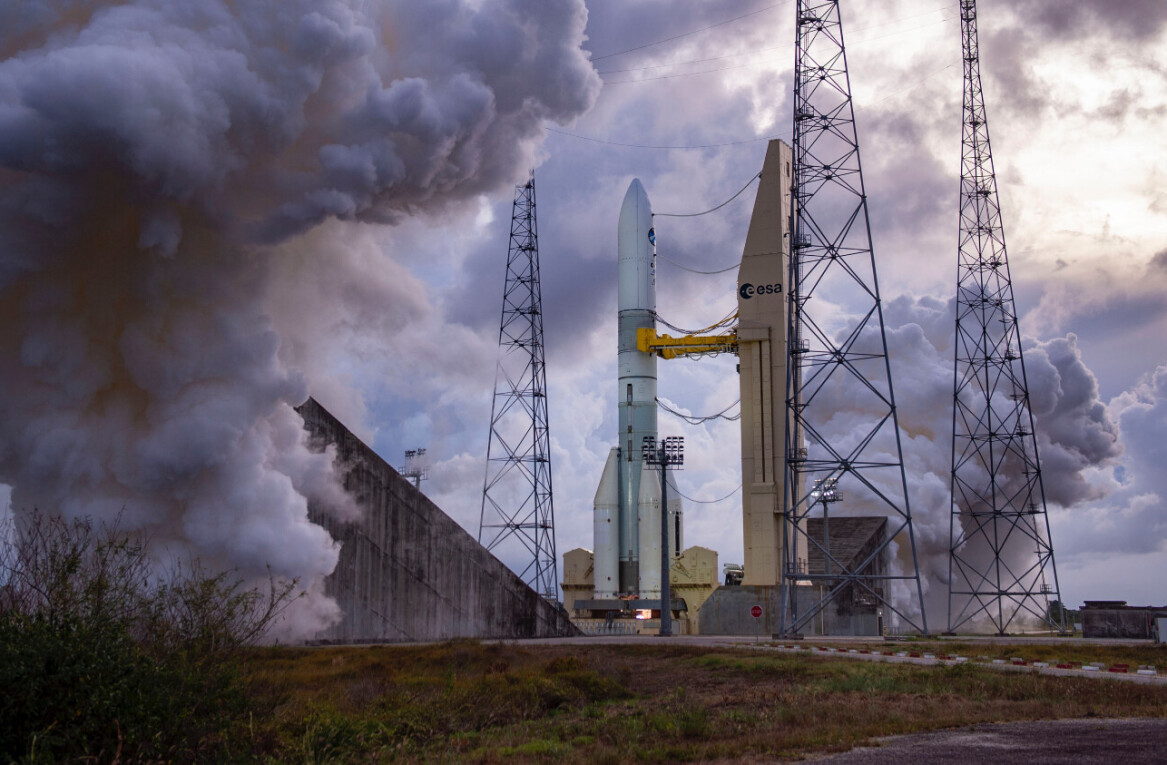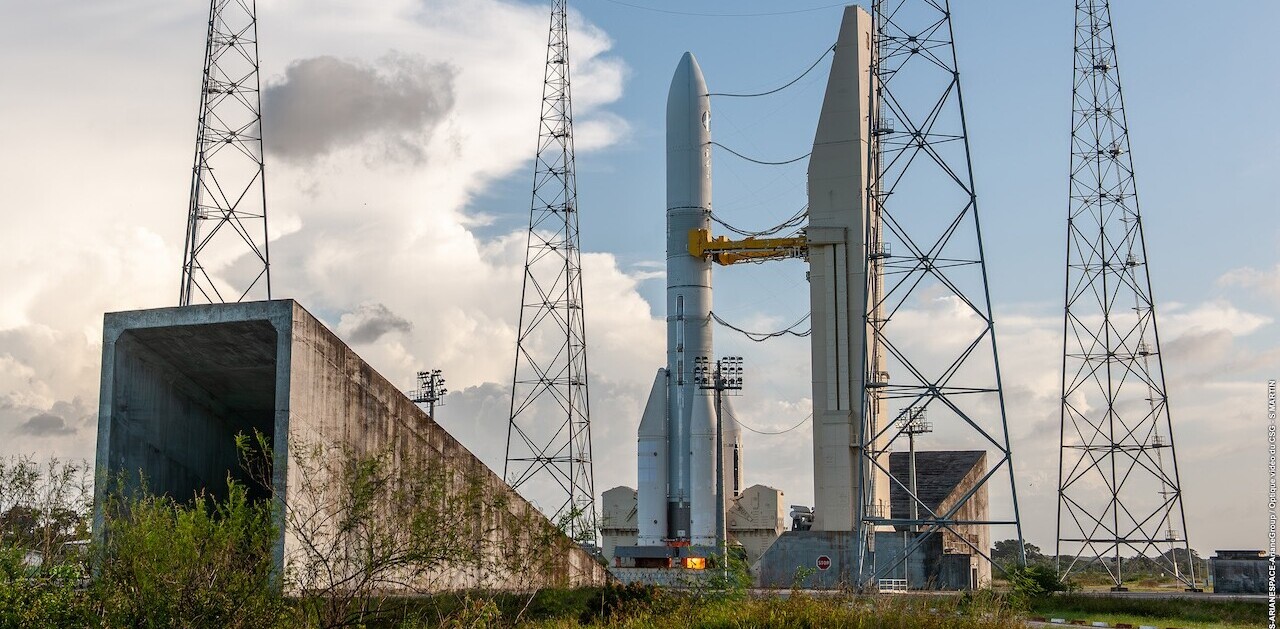Many great movies and television shows, including the Lost in Space reboot, show various versions of interstellar travel. SpaceX and the new space race are making space geeks salivate at the thought. To those like myself who’ve cherished the idea since the debut of the Starship Enterprise, the question becomes, what is the reality that we could achieve such a feat in our lifetime?
There are two answers to that question. The first involves unmanned travel, which I consider cheating. I mean, where is the fun in that? None if you ask me.
Robots could beat us there
Not to say there won’t be some benefit to mankind, and based on the current pattern, unmanned travel will naturally occur first, perhaps even decades before the manned interstellar travel and likely within the next twenty years.
[Read: The story of Ed Dwight: the man who nearly became the first African-American to reach space]
For unmanned missions, researchers are already working on it. One project aims to use lasers to propel an armada of postage stamp size ships that could travel at impressive sub-light speeds. With multiple organizations, NASA included, working on such projects, it’s all but a foregone conclusion that we will see real images of the first extrasolar planets within 30 to 40 years or less.
The real question becomes, how long before humans follow? It’s a lot easier to point a laser at a nano-sized starship, but the force required to start (and stop) much larger ships require a greater feat of engineering. Not to mention the issue of protecting astronauts from cosmic rays, protecting the ship from micro impacts, and bringing along the food and systems required to last the duration of the mission.
With such a lengthy mission, it’s also likely a one-way trip. This means researchers and scientists will want to target a system capable of at least providing the materials needed to sustain an artificial habitat indefinitely once we arrive. They would want to prepare for the possibility that the new world might prove inhospitable.
What’s under the hood?
So what kind of engines are we looking at? Nuclear seems the most likely near-term solution. NASA has looked at nuclear in the past for trips within our solar system. And considering how far away we are from harvesting antimatter in sufficient and cheap enough quantities, nuclear has the most realistic chance of being the heart of any manned interstellar engine in the foreseeable future.
It’s unlikely that an alien robot black box, like the one in Lost in Space, will drop in our lap and help us traverse space or create wormholes that could form near-instant shortcuts. But it’s not completely out of the question AI or machine learning will assist in finding a more efficient fuel source or engine design before humans take that giant leap into the great unknown.
If I were a betting man, I’d place the odds on the date of the first manned interstellar launch at forty years, which will occur shortly after the successful unmanned missions make the idea too hard to resist.
We are already on the path. And the mandate of those like Elon Musk, Richard Branson, Jeff Bezos, and others to expand mankind’s reach has made manned interstellar travel in this century all but a certainty.
This article was originally published on The Cosmic Companion by Roy Huff. You can read this original piece here.
Astronomy News with The Cosmic Companion is also available as a weekly podcast, carried on all major podcast providers. Tune in every Tuesday for updates on the latest astronomy news, and interviews with astronomers and other researchers working to uncover the nature of the Universe.
Get the TNW newsletter
Get the most important tech news in your inbox each week.
